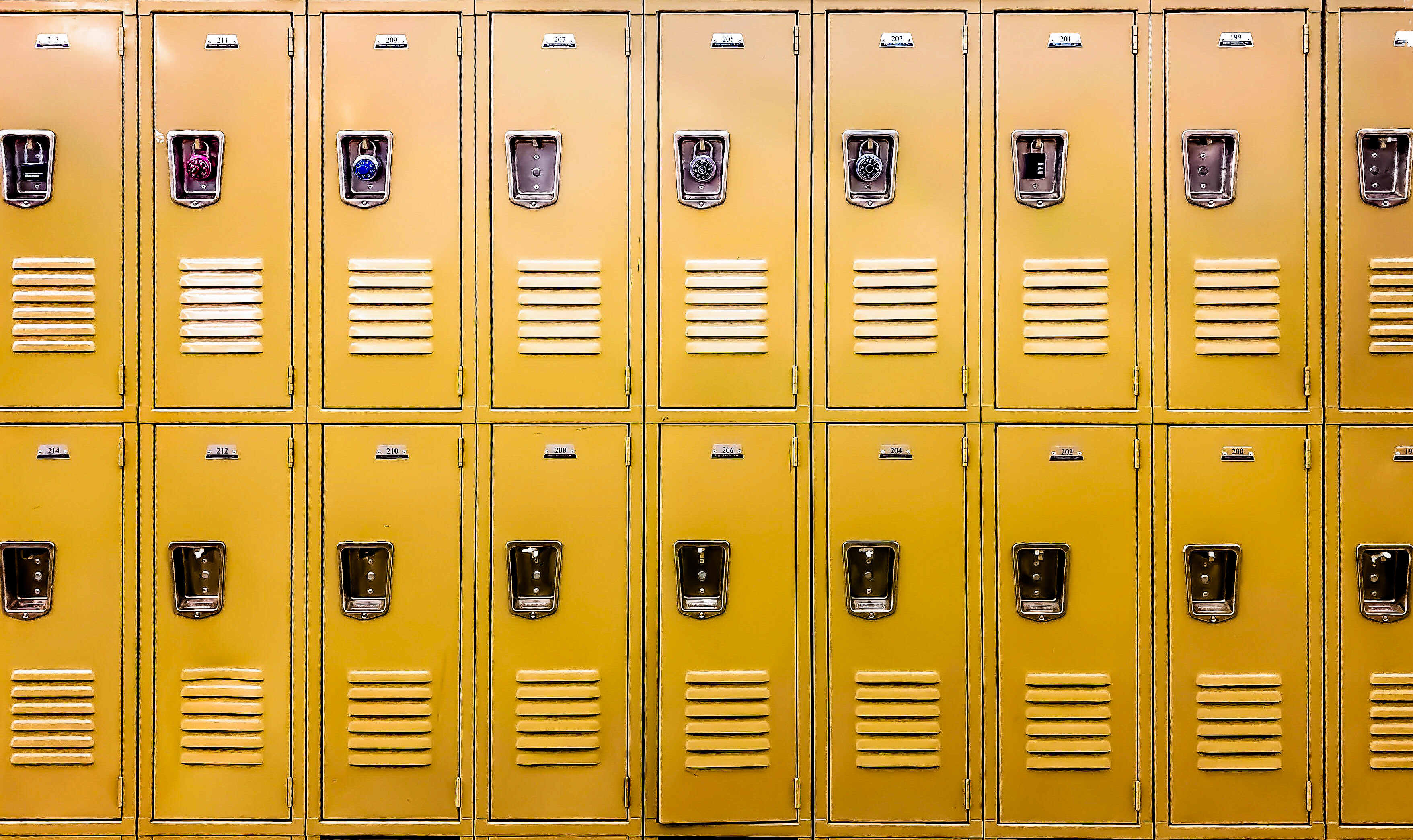The United States Supreme Court said Thursday that Americans have a right to carry firearms in public, in a major expansion of gun rights. Connecticut Attorney General William Tong is calling that decision "reckless" and said it invites a wave of new litigation nationwide and in Connecticut.
The Supreme Court justices' 6-3 decision follows a series of recent mass shootings and is expected to ultimately allow more people to legally carry guns on the streets of the nation's largest cities - including New York, Los Angeles and Boston - and elsewhere. About a quarter of the U.S. population live in states expected to be affected by the ruling, the high court's first major gun decision in more than a decade.
Tong said in a statement that the decision in New York State Rifle & Pistol v. Bruen, overturning a New York handgun licensing law, “substantially rewrites major gun safety precedent.”
Get Connecticut local news, weather forecasts and entertainment stories to your inbox. Sign up for NBC Connecticut newsletters.
He said that while Connecticut’s handgun licensing laws differ from New York’s and are not immediately impacted, the decision invites a wave of new litigation nationwide and in Connecticut.
“This decision is a radical rewrite of the Court’s prior positions on the Second Amendment and states’ rights to pass commonsense gun safety legislation. We should expect a wave of new lawsuits nationwide and here in Connecticut, coordinated by gun groups like the NRA, challenging our assault weapons ban, age restrictions on gun ownership, prohibitions on guns in sensitive locations like schools, and provisions enabling public safety professionals to review the suitability of an applicant before granting a gun permit. This decision is reckless, and the consequences for public safety nationwide are dire, but it was not unexpected. We have been working closely with advocates, legislators, and other attorneys general nationwide and are ready to aggressively defend Connecticut’s laws,” Tong said in a statement.
Stories from LX News
LX, or Local X stands, for the exponential possibilities of storytelling in our communities.
Tong joined the attorneys general of California, Delaware, Illinois, Maine, Maryland, Massachusetts, Michigan, Minnesota, New Jersey, New Mexico, Oregon, Pennsylvania, Rhode Island, Vermont, Virginia, Washington, Wisconsin, and the District of Columbia in filing an amicus brief in the U.S. Supreme Court in this case.
Gov. Ned Lamont said in a statement that the Supreme Court decision won't keep Connecticut from enforcing what he called responsible gun ownership laws.
“This Supreme Court decision will not prevent Connecticut from enforcing its responsible gun ownership laws. As a matter of fact, the court specifically distinguished our approach when it comes to the issuance of permits and tools for law enforcement to keep firearms out of the hands of those who may do harm. However, we should all be concerned that today’s ruling heralds a newly aggressive effort to second-guess commonsense state and local policies that save lives while accommodating both gun rights and gun safety. One thing we know is true – more guns do not make us safer, and as governor I will continue to pursue policies that make our laws stronger to keep our residents out of harm’s way,” Lamont said in a statement.
On the other side, The Connecticut Citizens Defense League is in favor of the decision.
“We have been long invested in this case and we are very, very pleased with the outcome and particularly the language used that is very specific in this case,” said President Holly Sullivan.
The Supreme Court ruling comes as Congress is working toward passage of gun legislation following mass shootings in Texas, New York and California.
U.S. Senator Richard Blumenthal, D-CT, is a member of the Senate Judiciary Committee and called the decision "deeply destructive."
“This deeply destructive decision will unleash even more gun violence on American communities. Instead of upholding common-sense safeguards to reduce gun violence, it will only put more guns in public spaces and open the floodgates to invalidate sensible gun safety laws in more states," Blumenthal said in a statement. "Worse yet, it is a significant step backwards at a moment when horrendous shootings happen across our country every day, taking too many beautiful lives and terrorizing generations of Americans.”
Justice Clarence Thomas wrote for the majority that the Constitution protects “an individual's right to carry a handgun for self-defense outside the home.”
In their decision, the justices struck down a New York law requiring people to demonstrate a particular need for carrying a gun in order to get a license to carry one in public. The justices said that requirement violates the Second Amendment right to ``keep and bear arms.''
California, Hawaii, Maryland, Massachusetts, New Jersey and Rhode Island all have similar laws. The Biden administration had urged the justices to uphold New York's law.
New York Gov. Kathy Hochul said the decision comes at a particularly painful time, when New York is still mourning the deaths of 10 people in a mass shooting at a supermarket in Buffalo. “This decision isn't just reckless. It's reprehensible. It's not what New Yorkers want,” she said.
In a dissent joined by his liberal colleagues, Justice Stephen Breyer focused on the toll taken by gun violence. “Since the start of this year alone (2022), there have already been 277 reported mass shootings_an average of more than one per day,” Breyer wrote.
Backers of New York's law had argued that striking it down would lead to more guns on the streets and higher rates of violent crime. Gun violence, which was already on the rise during the coronavirus pandemic has spiked anew.
In most of the country gun owners have little difficulty legally carrying their weapons in public. But that had been harder to do in New York and the handful of states with similar laws. New York's law, which has been in place since 1913, says that to carry a concealed handgun in public, a person applying for a license has to show ``proper cause,'' a specific need to carry the weapon.
The state issues unrestricted licenses where a person can carry their gun anywhere and restricted licenses that allow a person to carry the weapon but just for specific purposes such as hunting and target shooting or to and from their place of business.
The Supreme Court last issued a major gun decision in 2010. In that decision and a ruling from 2008 the justices established a nationwide right to keep a gun at home for self-defense. The question for the court this time was about carrying one outside the home.
The challenge to the New York law was brought by the New York State Rifle & Pistol Association, which describes itself as the nation's oldest firearms advocacy organization, and two men seeking an unrestricted ability to carry guns outside their homes.
The court's decision is somewhat out of step with public opinion. About half of voters in the 2020 presidential election said gun laws in the U.S. should be made more strict, according to AP VoteCast, an expansive survey of the electorate. An additional third said laws should be kept as they are, while only about 1 in 10 said gun laws should be less strict.
About 8 in 10 Democratic voters said gun laws should be made more strict, VoteCast showed. Among Republican voters, roughly half said laws should be kept as they are, while the remaining half closely divided between more and less strict.
A Quinnipiac University poll released on June 8 found that Americans support 57 - 38 percent stricter gun laws in the United States and said that is an increase in support for stricter gun laws from a poll in November 2021 when 45 percent supported stricter gun laws in the United States and 49 percent opposed.
The poll found that 52 percent of Americans think the United States would be less safe if more people carried guns, while 37 percent think the United States would be safer if more people carried guns.
Read more about the Quinnipiac poll here.
Associated Press reporter Hannah Fingerhut contributed to this report.




